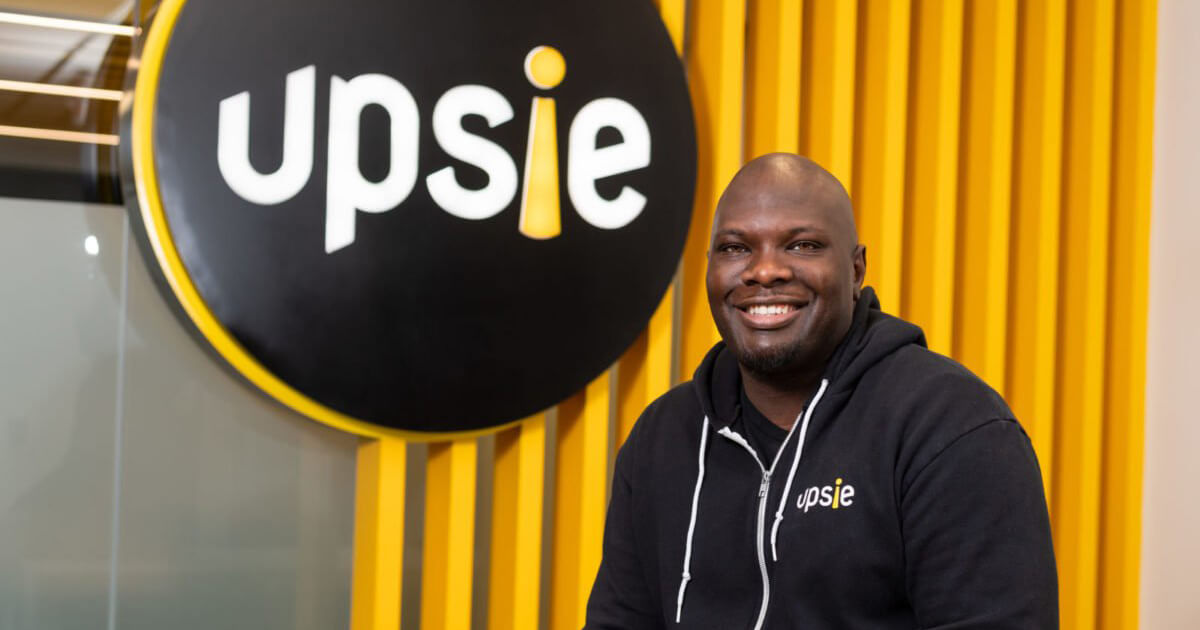Black workers are overrepresented in low-wage entry-level jobs and underrepresented in senior leadership and executive roles. In the U.S. private sector, Black workers make up 12 percent of the entry-level workforce and just 7 percent of the managerial workforce, according to McKinsey & Company. If the current trajectory continues, it could take 95 years before Black employees reach parity at all levels in the private sector. The Plug spoke with several Black executives to better understand why many Black professionals fail to rise into the upper ranks of management and what corporations can do to address the gap in employee experiences.
Black workers, on average, are not being hired, promoted or paid according to what would signal their level of productivity based on their experience or their education, Stephen Bailey, co-founder and CEO of ExecOnline, told The Plug. Unconscious bias has dictated which individuals within corporations get groomed for leadership, contributing to less than one percent of Fortune 500 CEOs being Black, said Bailey. Enterprise leadership training platform, ExecOnline aims to improve these statistics and recently raised a $45 million round of venture capital with a goal to make the C-Suite more diverse.
Over time, companies that fail to have a broad base of talent to fill its leadership pipelines will lose out to companies that do, he said. While companies have long talked about the importance of diversity spending billions a year on such efforts money has often been devoted to flawed programs such as diversity training, which show only mixed evidence of effectiveness. Alphabet Inc. CEO Sundar Pichai promised to hire enough Black workers and managers to push Google’s numbers to 30 percent by 2025, while Microsoft Corp. said it would try to double the number of Black employees in senior and leadership positions during the same time period.
However, Black workers continue to face ongoing challenges like bias and discrimination, a broken rung from entry-level to manager roles, lack of support from supervisors and tokenism that continues to hold them back and can even force them out the door. For example, five female Amazon employees filed discrimination lawsuits against the company citing that they were retaliated against by white managers after reporting issues including sexual harassment and racism.
My case represents a broader systematic pattern of gender and race discrimination at Amazon, and a persistent failure to recognize issues and take seriously the concerns of employees of color and women, Charlotte Newman, rising executive and manager at Amazon told The Plug. Newman sued the tech giant and two of its current executives for alleged race and gender discrimination, and for allegedly violating the Equality Pay Act. She worked in the Amazon Web Services division of the company since January 2017, first in Global Corporate Affairs, and now leads global business development for underrepresented startup founders and underrepresented venture investors.
I hope that Amazon will listen to its Black employees and realize that there are serious and urgent issues with company culture and recruiting processes, demonstrated by the growing number of legal cases. Instead of discrediting sexual harassment and racial discrimination survivors, Amazon should treat these employees with greater compassion, said Newman. Significantly increasing the numbers of other underrepresented executives means not just bringing in new people, but keeping the ones they hired initially. In order to address the problem companies must create effective programs that identify promising Black workers and place them on a management track. It takes more than just money, Kevin Johnson, executive leadership coach and CEO of Johnson Leadership Group told The Plug. Other factors to consider include mentorship, coaching, executive development programs and a sense of belonging (inclusion). Johnson said, the only way firms will seriously work to address diversity gaps, particularly for senior roles, is for there to be better communication in the workplace.
At the core of the inequality in the workplace is communication. We don’t talk with each other enough and don’t really know one another, said Johnson. When you don’t really know your colleagues or staff, we make assumptions that may not be based on facts, but intuition. Valence, a social network that connects Black professionals to a community of 16,000 members is the latest company seeking to tackle this problem. In May, Valence launched a program called Building Our New Definition of Success (BONDS), which is designed to help companies train, retain and place Black employees on the executive path.
Companies tend to focus too much on the hiring pipeline and don’t give enough attention to what happens after Black employees get hired, Valence CEO Guy Primus told The Plug. Black talent, just like startups, flourish when they have access to the training, guidance, peer collaboration, mentorship, and connection to the networks they need, and it’s within an ecosystem that intentionally cultivates their success. The program targets executives at large companies with eight or more years of experience and senior managers at startups; it will create groups for executives to learn from each other. The goal of the program is not only to empower Black professionals but also to help companies make the most of their employee base. Moving forward, Newman noted cultural intelligence must become an essential competency for any people manager or executive in tech. Executives and people managers at every level must be held accountable for the ability to apply that intelligence to achieve inclusion and diversity outcomes.
Mentorship, sponsorship, and developing talent pipelines are critical to empowering Black talent. Executives should be trained on the importance of sponsorship and benchmarked against the opportunities that they create for and their engagement with BLNA employees, said Newman. Tech companies should also augment the onboarding process by providing a clear roadmap for success and implementing formal professional development programs. That also means diversity and inclusion goals must be shared by all teams, not just HR. And, ultimately, compensation, including bonuses, should be tied to how well every leader recruits, retains, develops, and promotes Black employees, said Newman.








